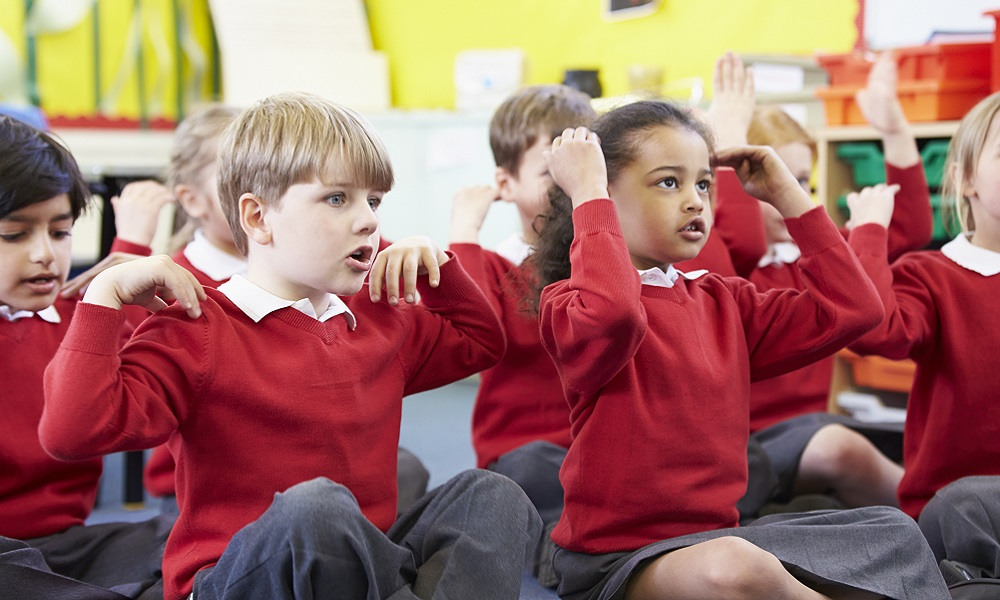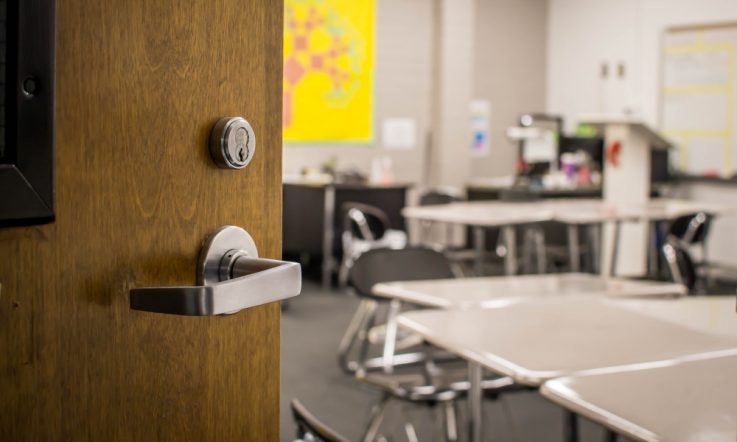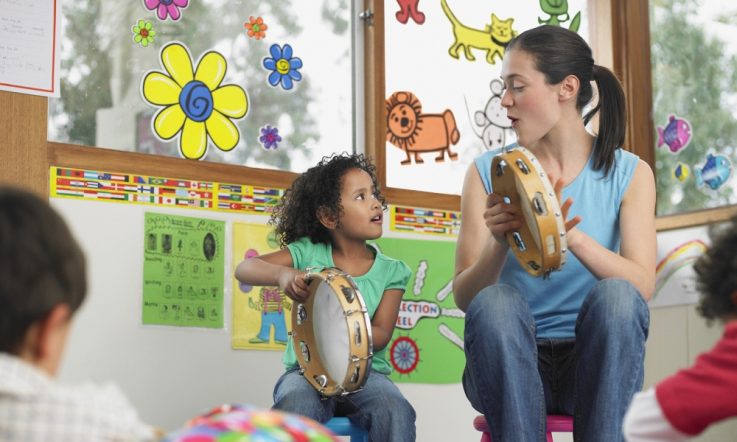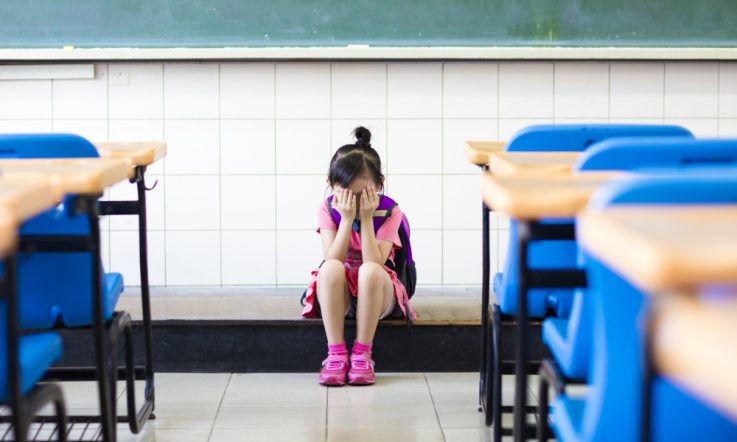Research shows that when teachers develop an understanding of the developmental pathways associated with trauma, they are less likely to attribute students' trauma symptoms to low ability or behavioural problems (Goodman et al, 2012).
It is important, however, that teachers are empowered to develop strategies and resources to support the emotional, cognitive and psychological development of students experiencing trauma.
Juliet Sonter is Principal of Plunkett Street Public School, a small, inner Sydney school that caters for 70 students from Kindergarten to Year 6. The student population is 25 per cent Indigenous. Over the past three years, the school's strategic direction has focused on two key areas – high engagement and high achievement.
To achieve this, Sonter recognised that her staff needed more support to help students overcome any barriers they faced in their learning. So, she signed up for a whole school workshop called ‘Trauma Informed Education: A Lens Into the Classroom', run by Cognitive Behavioural Education (CBE).
‘We're always analysing and assessing our current programs and practices to make sure that all of our kids are able to access the curriculum,' Sonter tells Teacher. ‘We realised that there were some barriers that were prohibiting some kids to fully engage with learning. I started to look into programs that would offer strategies to support all aspects of learning – the emotional, cognitive, psychological development of kids.'
Professional learning in trauma
Launched in March this year, CBE is the brainchild of Shanna White, a registered psychologist, and Fiona Foley, a recently retired teacher from New South Wales with 35 years' experience. For the past 10 years, White has been delivering trauma-informed training for government agencies, carers, social workers, allied health professionals and teachers, while Foley also works as a Mathematics Education Consultant at the Mathematical Association of New South Wales.
In April, Sonter dedicated one of the school's staff development days to the one-day workshop, and every staff member took part. ‘It was a weird time COVID-wise, so most of our staff were at school but we were socially distancing. It was delivered via Zoom – some staff were at home and could access it from home, some staff were at school, and the person presenting was not here,' she shares.
CBE aims to empower teachers to develop strategies and resources to support the emotional, cognitive and psychological development of students. The course has been developed around both Australian and international research, and evidence-based practice that builds capacity and knowledge for teachers.
‘[It blends] Shanna's professional therapeutical knowledge of how teachers could be empowered to better support students, and my ‘in-school' and classroom experience of what knowledge is essential for teachers, much of which I had learned through experience,' Foley tells Teacher.
The workshop covers four key modules: neurobiology; behaviour; intervention; and wellbeing/safety. In the first module, participants build their understanding of basic neurobiology and how the brain works. The second module builds teachers' skills in recognising and identifying trauma-related behaviours, trauma triggers and developing understanding of reconstruction difficulties.
In the third module, participants look at intervention, and build a toolkit with strategies and resources to engage students. In the final module, teachers review the ethics around working with traumatised children. They also build an understanding of trauma identification strategies for managing and supporting colleagues through self-care when experiencing vicarious trauma.
Sonter says her staff found the professional learning to be particularly beneficial for better understanding intergenerational trauma. ‘We do have approximately 25 per cent Aboriginal kids at our school and we recognise that there is intergenerational trauma. We also have a lot of our kids come from the local housing estate, and in their life they have experienced drug, alcohol and mental health issues in their families. We recognise some of our kids themselves also have mental health issues.'
She adds it was an opportunity to think outside the box and see how the school could better support the students and their families to engage. ‘It was about getting to understand why we're seeing certain behaviours and what we can do to support the kids.'
Sonter says the workshop encouraged staff to discuss the ways they support students to self-regulate in the classroom, and those conversations have continued. ‘We did a lot of talking about helping kids to self-regulate and we still do. We certainly haven't gotten over that hump yet. With new children arriving at school, new kids present with different behaviours so we often talk about how we can build resilience and develop kids who emotionally regulate themselves.'
Giving teachers a toolkit
Though her own experience as an educator, Foley says she understands the challenges teachers face in the classroom when it comes to engaging students in the curriculum.
‘If a student is unable to focus due to trauma … or even if they don't have breakfast regularly, the teacher needs to be aware of how to support that student. Over the years schools have had a variety of hierarchical support but it is often thin on the ground and teachers have to rely on their own or collegial support,' Foley says.
She hopes to give teachers a toolkit of practical resources and activities that they can use to identify how and when to access support, and the things they can do to help students experiencing trauma.
Sonter says the professional learning has given staff theoretical background and strategies. ‘It opened our eyes as to why kids may be behaving in certain ways, not just because they're being naughty but because there's stuff going on, or there's trauma in their life, and they're just learning to regulate. It gave us a lot of background knowledge, some practical ideas and support.'
References
Goodman, R.D., Miller, M.D., & West-Olatunji, C.A. (2012). Traumatic stress, socioeconomic status, and academic achievement among primary school students. Psychological Trauma: Theory, Research, Practice, and Policy, 4(3), 252.
As a school leader, what strategies do you have at your school to support students experiencing trauma? Is this a whole school strategy that all staff are aware of? What are your staff professional learning needs in this area?



